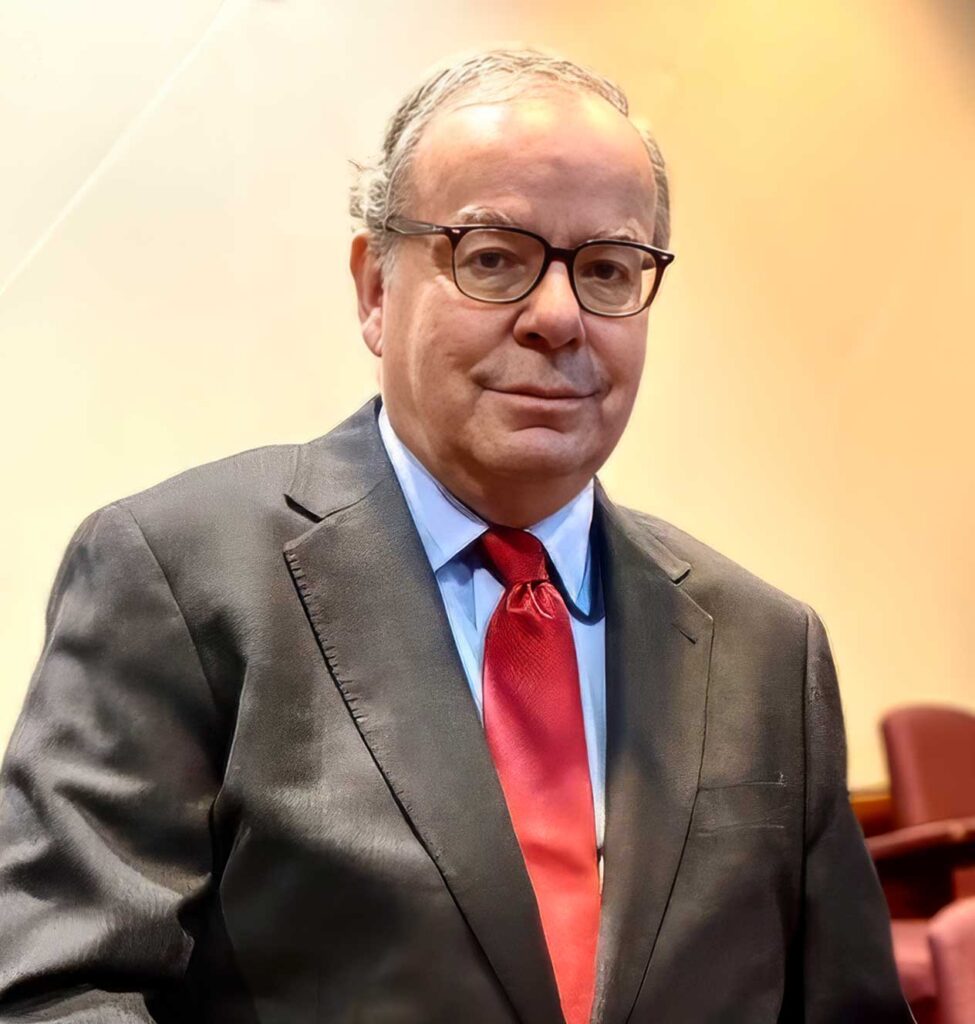Share Your Story with Trial Lawyer’s Journal
Trial Lawyer’s Journal is built on the voices of trial lawyers like you. Share your journey, insights, and experiences through articles, interviews, and our podcast, Celebrating Justice.
Stay Updated
Sign up for our newsletter to get the latest from TLJ.
What is JCCP?
JCCP stands for Judicial Council Coordinated Proceedings, a legal process used in California state courts to coordinate multiple civil cases that involve common issues of fact or law. When many lawsuits are filed across different counties in California—often related to the same defective product, drug, or event—the Judicial Council may assign them to one judge for pretrial management under a single proceeding called a JCCP.
JCCPs function much like federal MDLs (Multidistrict Litigation) but operate entirely within California’s court system.
What is the purpose of a JCCP?
A JCCP allows the courts to streamline pretrial procedures for complex cases involving multiple plaintiffs and defendants. By coordinating similar lawsuits in one court, the system avoids duplicative discovery, inconsistent rulings, and unnecessary delays. This efficiency benefits both plaintiffs and defendants and helps the judiciary manage caseloads effectively.
The goal is to consolidate for pretrial only—cases may still return to their original courts for trial unless settled beforehand.
Centralizes common legal and factual issues across many lawsuits.
Promotes consistent rulings and efficient discovery.
Reduces cost and time for all parties involved.
Allows for coordinated settlement discussions or bellwether trials.
How is a JCCP created?
A party—usually a plaintiff or defendant—files a petition to coordinate cases with the Judicial Council of California. If the request is granted, the council assigns the coordinated cases to a single judge in one county who becomes responsible for managing the pretrial proceedings.
The assigned judge is often experienced in complex litigation and has the authority to establish case schedules, appoint liaison counsel, and issue rulings that apply to all coordinated cases.
Petition filed with the Judicial Council, requesting coordination.
Must show that cases involve common questions of fact or law.
Council may hold a hearing before approving coordination.
A coordination trial judge is then assigned, usually in a central location.
What types of cases are handled as JCCPs?
JCCPs are commonly used in mass torts and product liability cases where dozens or hundreds of similar lawsuits are filed. They are also used in employment class actions, toxic exposure cases, and litigation involving wildfires, data breaches, or consumer fraud.
Some well-known JCCPs have involved Roundup, talcum powder, Essure birth control, and wildfire damages.
Defective medical devices or drugs (e.g., hernia mesh, opioids)
Mass tort and personal injury cases across multiple counties
Wildfire litigation against utility companies
Large consumer class actions involving California residents
How does a JCCP affect individual plaintiffs?
If a plaintiff’s case becomes part of a JCCP, it will be transferred to the coordinated court for pretrial management, but their individual claim remains separate. Plaintiffs retain their own attorney and the right to a trial. Often, coordinated discovery, motion practice, and settlement efforts will benefit all plaintiffs.
Some plaintiffs may later opt into global settlements, while others may return to their original court for trial if resolution is not reached.
Individual claims stay intact, even within the coordinated proceeding.
Plaintiffs retain their own lawyers and legal strategies.
Shared discovery and motion practice reduces time and costs.
Settlements may be coordinated, but participation is voluntary.
Conclusion
A JCCP—Judicial Council Coordinated Proceeding—is California’s solution for handling large volumes of similar civil lawsuits efficiently. By bringing related cases under one judge for pretrial proceedings, the JCCP process helps reduce delays, costs, and inconsistencies. If you’re a plaintiff in a mass tort or complex injury case filed in California, your claim may be part of a JCCP even while your individual rights remain fully protected.
What does JCCP stand for?
JCCP stands for Judicial Council Coordinated Proceedings, a legal process in California that consolidates similar civil cases from different counties into one coordinated court for pretrial management.
Is a JCCP the same as an MDL?
Not exactly. A JCCP is a state-level procedure in California courts, while an MDL (Multidistrict Litigation) occurs in federal court. Both serve similar purposes—streamlining complex, multi-party litigation.
Do I lose my rights if my case is in a JCCP?
No. Your individual claim and right to trial remain intact. The JCCP only affects how your case is managed during pretrial proceedings.
Can I opt out of a JCCP?
No. Once coordination is ordered by the Judicial Council, individual cases are automatically transferred. However, you and your attorney still control your claim’s strategy and potential settlement decisions.
Featured Articles
-
Glossary
What is a Demurrer Judgment?
What is a Demurrer Judgment? A Demurrer Judgment is a court ruling issued after a defendant files a demurrer, arguing that the plaintiff’s complaint.
-
Glossary
What is the TPPRA?
What is the TPPRA? The TPPRA, or Third Party Payor Recovery Act, is a legal statute—most notably used in states like Texas—that gives third-party.
-
Glossary
What are Jury Instructions?
What are Jury Instructions? Jury instructions are the formal legal directions given by a judge to the jury before deliberation in a trial. These.
Explore our Contributors
Discover Next
Insights from Experts
Learn from industry experts about key cases, the business of law, and more insights that shape the future of trial law.







